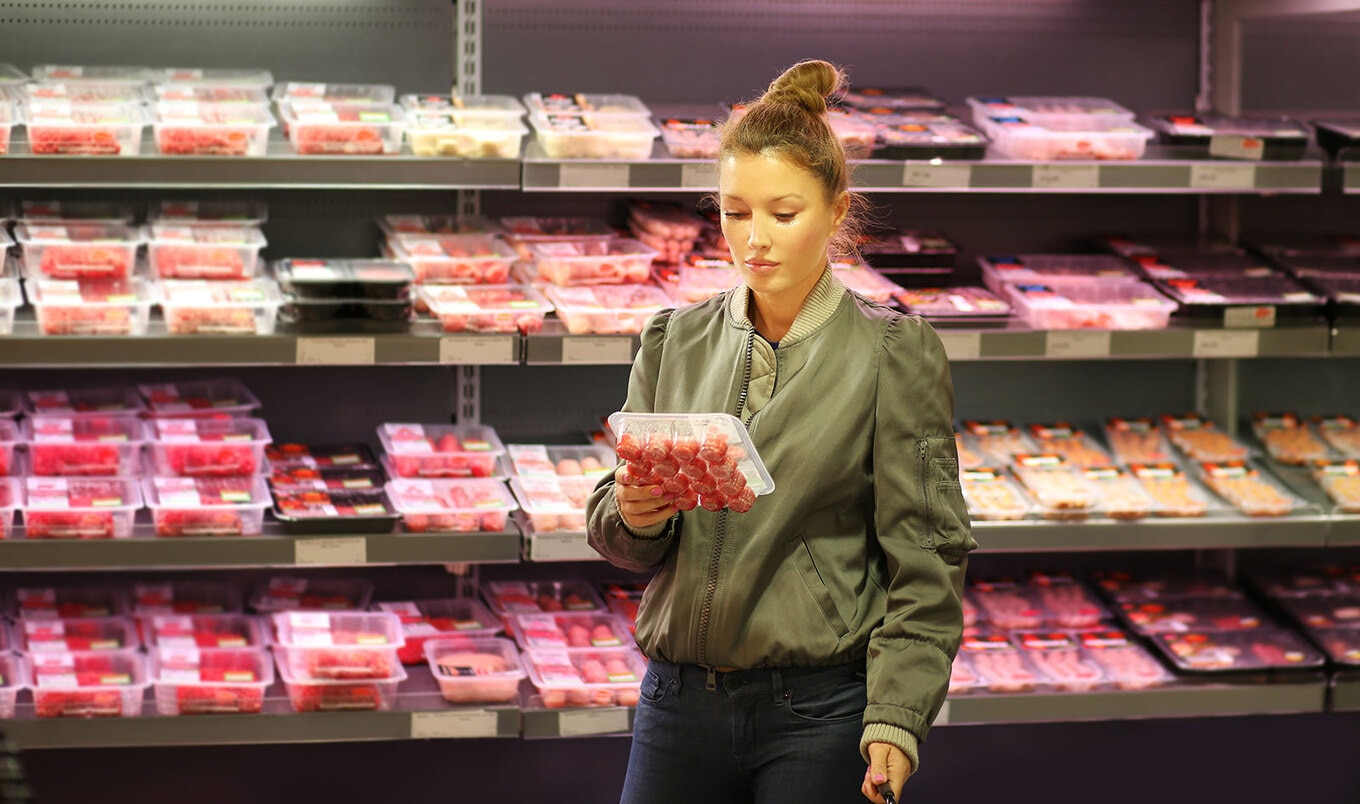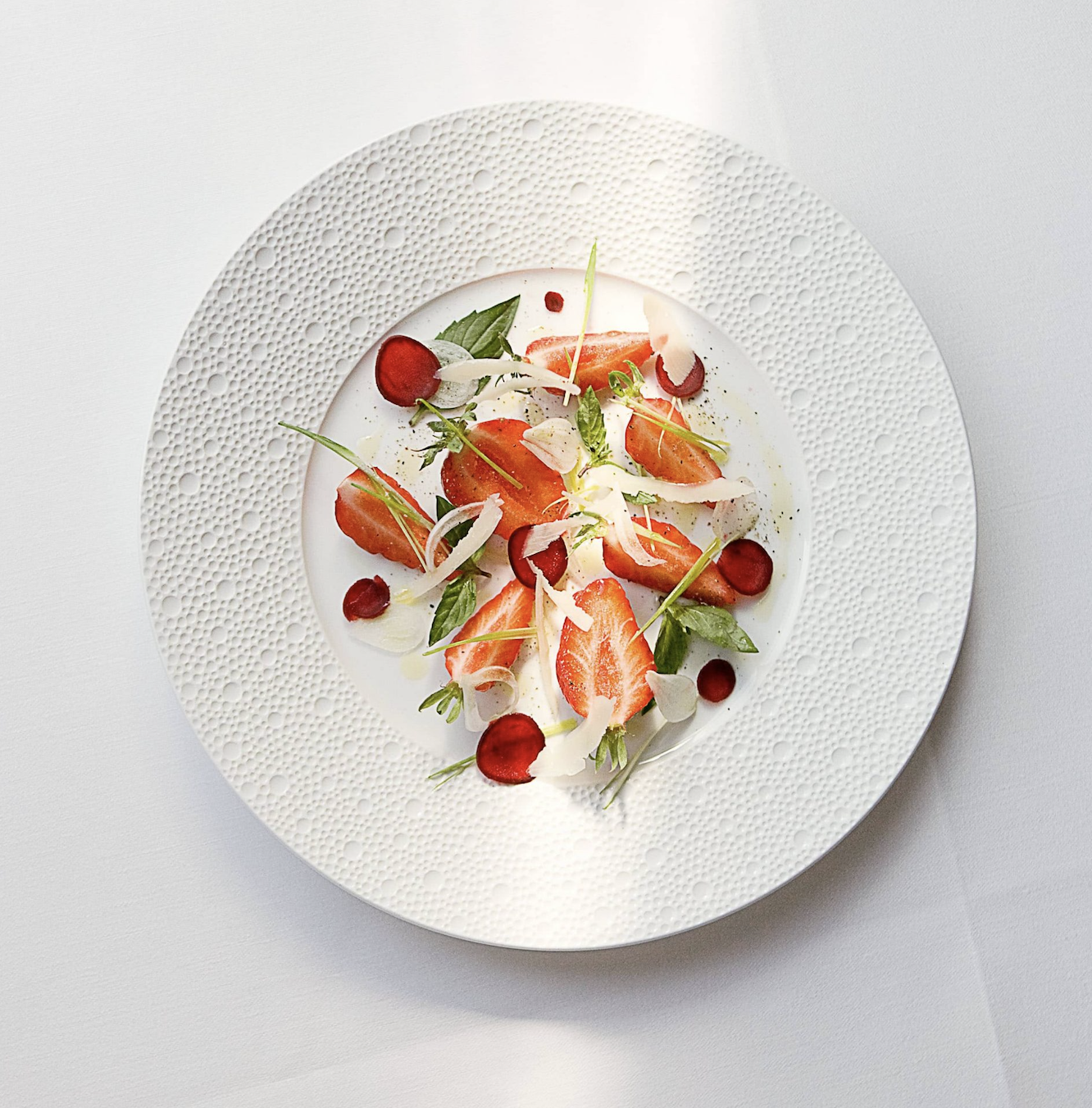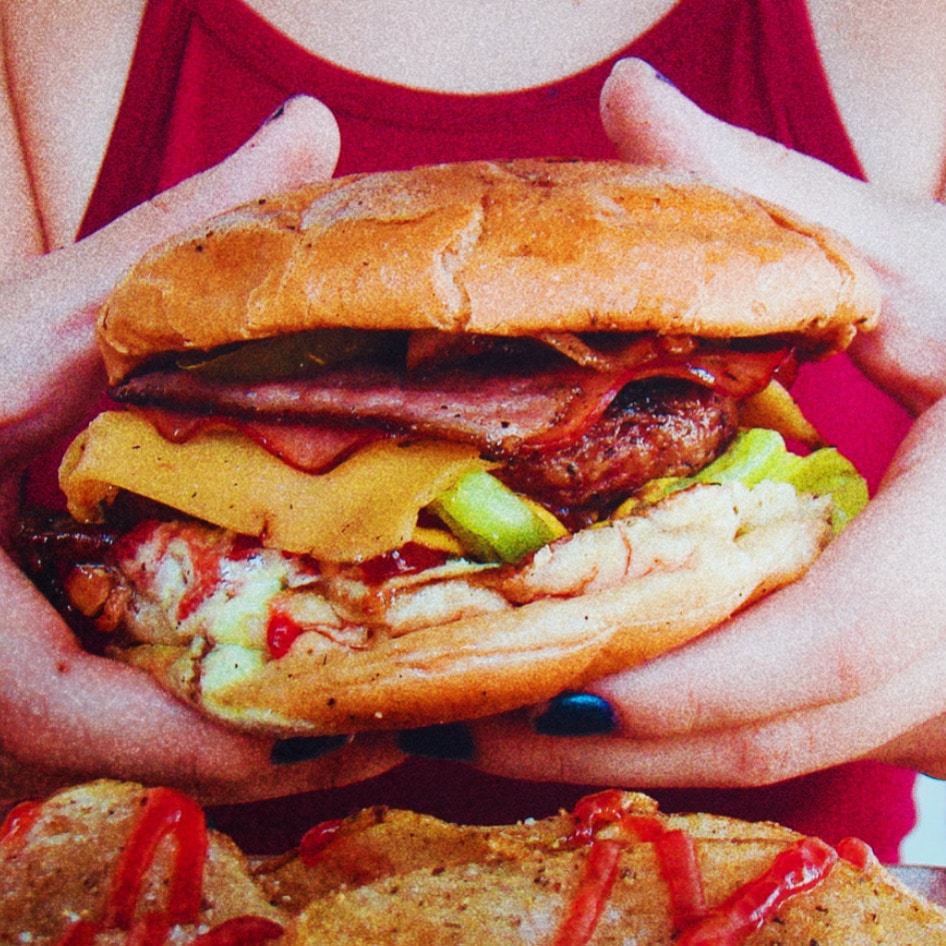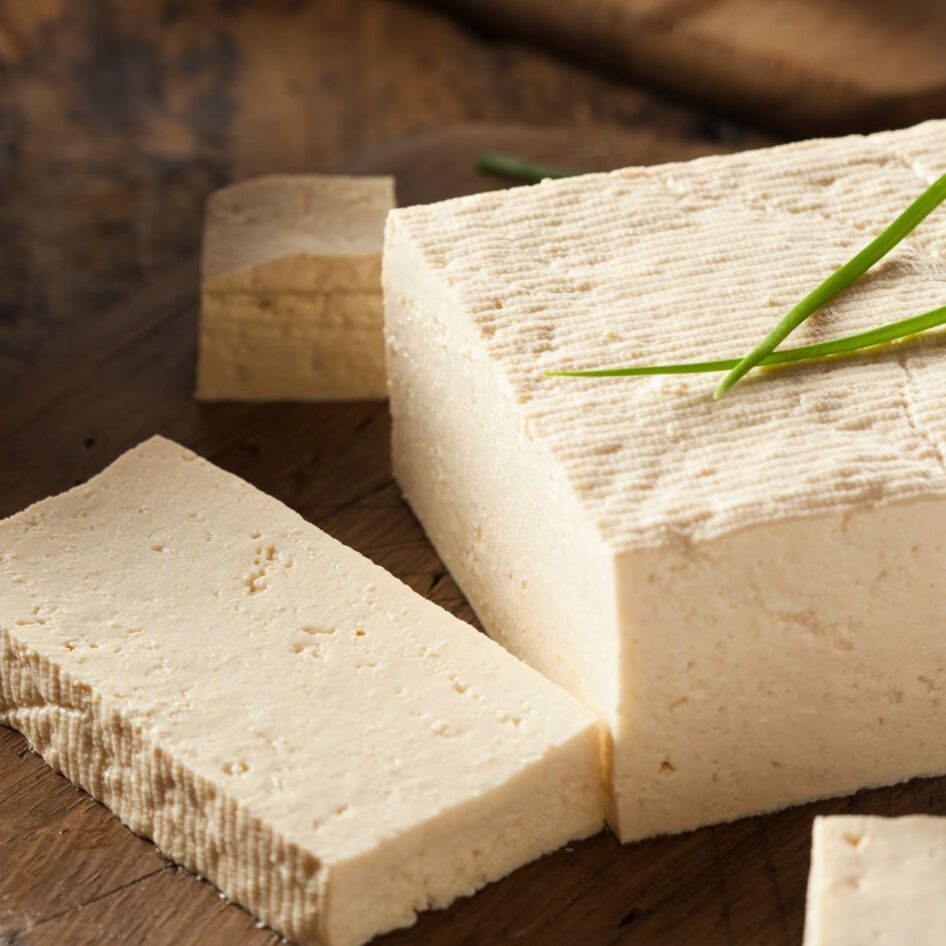French culinary legend Alain Passard has just transformed Arpège, his three‑Michelin‑starred restaurant in Paris, by eliminating nearly all animal‑derived foods from its menu, even as the European Union (EU) moves toward restricting plant‑based foods from using meat‑related terminology.
Arpège is the first restaurant in France with three Michelin stars to go predominantly plant‑based. This pivot positions Arpège at the intersection of haute cuisine innovation and intensifying regulatory pressure on vegan labelling.
Passard’s plant-based pivot
At the top of Arpège’s new menu are dishes made entirely from vegetables, such as a tomato “mosaic,” flamed eggplant with melon confit, and a combination of carrot, onion, shallot and cabbage. The most expensive set menu now costs €420 (about $487 USD), while lunch is priced at €260 (approximately $301 USD).
Passard, 68, rose to fame as a master of roasting techniques including his celebrated poulet au foin, or chicken cooked in hay, but he has been a pioneer of vegetable‑led dining in Paris. He told Reuters, “Everything I was able to do with the animal will remain a wonderful memory.”
“Today, I’m moving more towards a cuisine of emotion, a cuisine that I could describe as artistic. It’s closer to painting and sewing … Today I’m a different chef,” he added.
Honey sourced from the restaurant’s own beehives remains as the sole animal‑based exception.
Passard described his motivation as rooted in his love of nature and desire to reduce environmental impact by emphasizing seasonal vegetables. This decision follows his earlier removal of red meat in the early 2000s, further cementing his shift away from animal‑based cooking.
EU proposes vegan meat labeling restrictions
The transformation at Arpège occurs amid intensifying European regulation of plant‑based food labelling. On July 17, 2025, the European Commission unveiled a proposal to prohibit plant‑based producers from using 29 meat‑related terms such as beef, pork, chicken, ribs, drumsticks, bacon, wings, and breast. The Commission asserted that meat “means exclusively the edible parts of an animal” and argued that legal restrictions are needed “to protect meat‑related terms in order to enhance transparency in the internal market as regards [to] food composition and nutritional content and ensure that consumers can make well‑informed choices.”
 Getty
Getty
Currently, plant‑based products can use such terms if the packaging clearly indicates the product is an alternative and contains no meat. The European Vegetarian Union (EVU), however, contests the need for new controls, citing existing EU law and prior court rulings. It affirmed that “the [European Court of Justice] stated that current legislation is sufficient to ensure consumer protection and transparency. This has also been stated by the European Commission on several occasions. We are surprised to see the Commission change its views and priorities in such an unexpected manner. With all the real issues currently faced by European agriculture, there are surely more important policies to focus on.”
The EVU further stated: “We have abundant data from several EU countries showing that consumers are not confused by the use of these terms and are not buying plant‑based products by accident. This proposal has nothing to do with consumer protection and transparency. Artificially restricting the use of meat terms would be a waste of public resources and an undue restriction of European entrepreneurship and innovation.”
A 2020 study by the European Consumer Organization (BEUC) found up to 80 percent of consumers believe traditional meat‑derived names should be allowed as long as the plant‑based nature of the product is clear.
Europe is now the world’s largest market for plant‑based meat, valued at roughly $3.3 billion in 2024. Surveys across nine member states conducted in 2023 showed only nine percent of citizens did not recognize plant‑based meat alternatives.
Historically, attempts to restrict labelling have encountered setbacks. In 2020, the European Parliament voted down a proposed EU‑wide ban on terms such as burger, sausage, or steak, though it did support tighter dairy substitute labelling. National efforts in France to ban meat‑derived names for plant protein—first attempted in 2022 and reintroduced in 2024 with a list of 21 terms—have been criticized as favoring livestock interests and lacking clarity, prompting concern that they might benefit imports while undermining domestic plant‑based innovators.
 Adobe
Adobe
BECOME A VEGNEWS VIP: Get exclusive product deals, freebies, and perks galore!
France’s 2024 decree banned use of names such as steak and ham for locally made plant proteins, though it allowed some terms like burger to remain outside the restrictions. Critics including lab‑based pork‑style producer La Vie said consumers were not misled and that restrictions would favor imports.
With the EU’s proposal now focusing on meat terms but not yet banning terms like burger, sausage or steak at the EU level, that version of the legislation stems from France’s Member of the European Parliament Céline Imart and is expected to be voted on after summer.
The EU’s vegan disconnect
These regulatory shifts contrast sharply with culinary innovation such as Arpège’s. Passard’s reimagining of Arpège as a plant‑forward destination underscores the growing cultural legitimacy of vegan haute cuisine. The restaurant’s artistic approach to vegetables emphasizes emotion and seasonal terroir over protein from animals—a foil to precise EU legal definitions of meat versus plant‑based products.
Regulatory momentum stems largely from agricultural lobbying, as France and several member states push to defend livestock naming traditions. The European Commission argues such terms carry cultural and historical significance. Yet policy analysts say tight restrictions risk stagnating European entrepreneurship in plant‑based sectors and clash with the EU’s own Green Deal and Farm to Fork strategy, which aim to promote sustainable food systems while reducing emissions.
 Arpège
Arpège
Arpège’s shift therefore emerges as both culinary defiance and signal of broader evolution. As regulators scrutinize the language of vegan packaging in Brussels, chefs in Paris are redefining fine dining without meat, fish, or dairy. Passard’s decision to maintain honey from its own beehives as the only animal‑based ingredient underscores his commitment to ecological sourcing and emotional cuisine.
It remains to be seen whether high‑end restaurants will influence public debate, or whether EU law will sharpen its distinction between plant‑based and animal‑derived foods. But Passard and Arpège make clear that the future of cuisine may rest not in legal definitions but in where consumers choose to spend their time and their money.
For more plant-based stories like this, read:
JUMP TO ... Latest News | Recipes | Guides | Health | Subscribe








